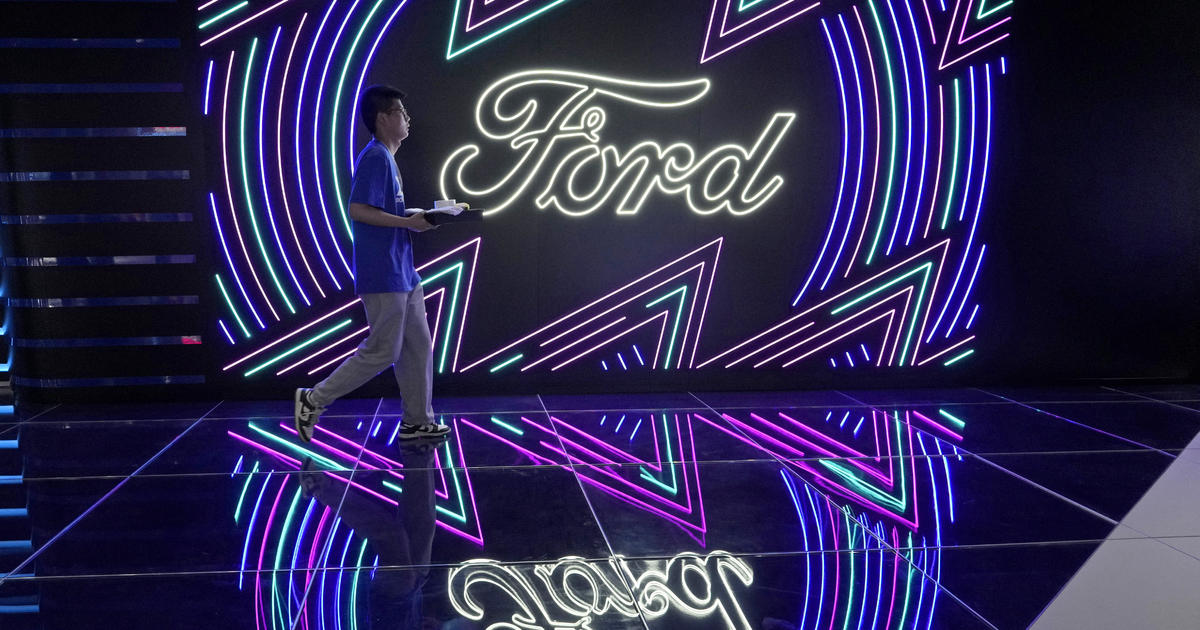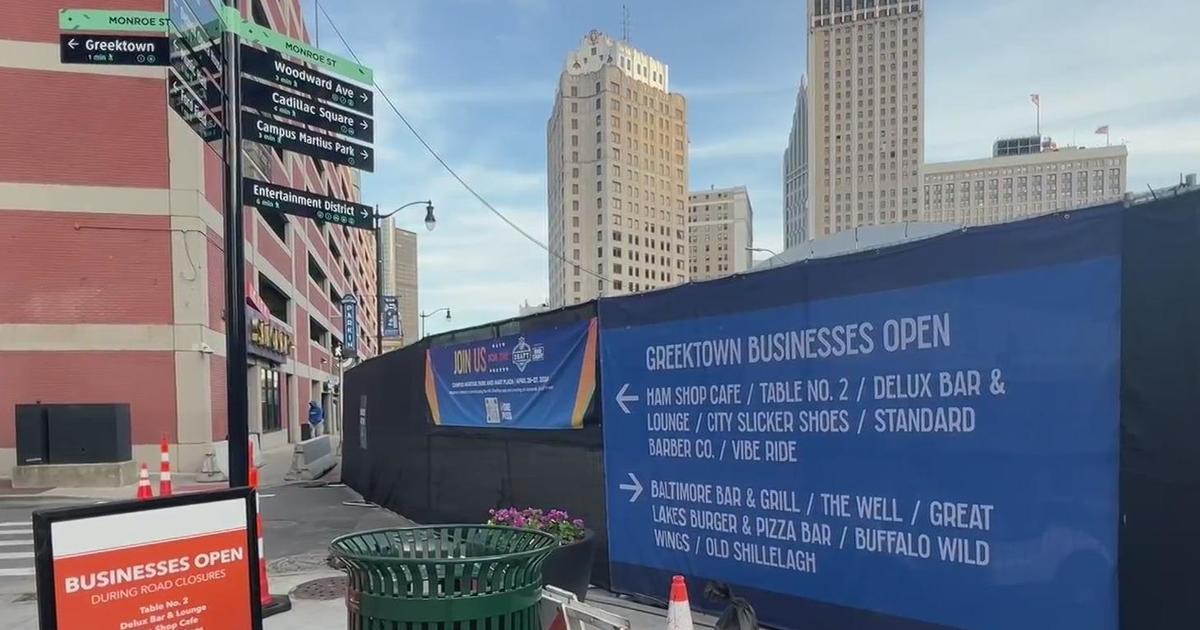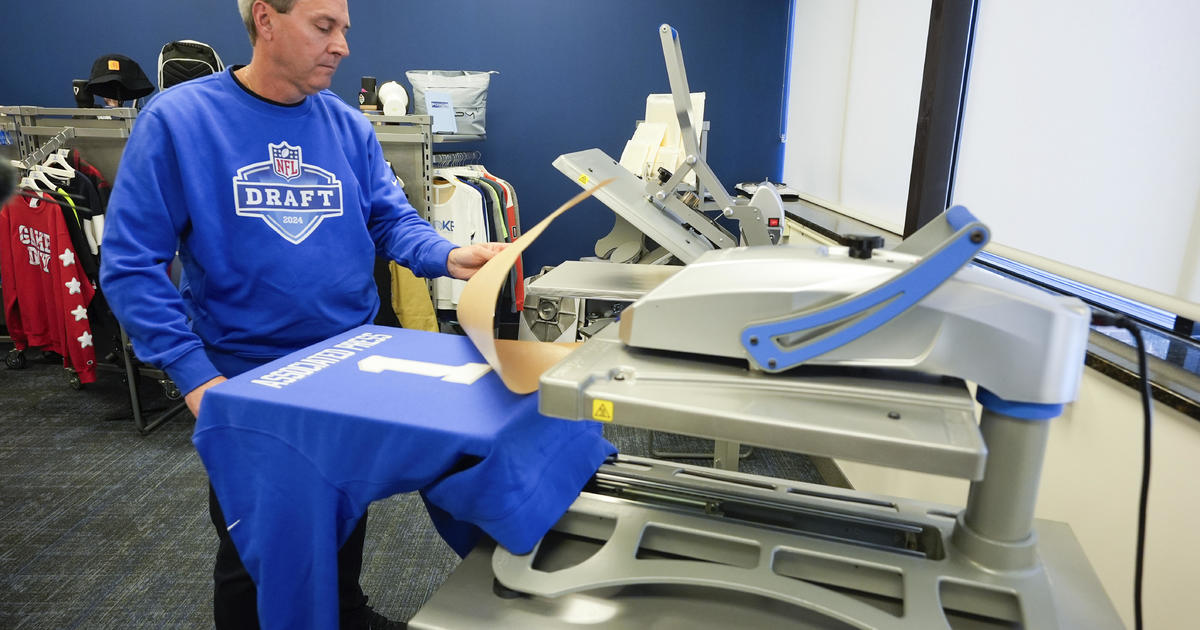Matt's Favorites: Samsung Speaker Oops At CES, And Much More
Welcome to your Wednesday edition of the Technology Report. Still adjusting to the new schedule? Heh. Me too. But let's get right to the news:
* Michael Bay is making headlines of a different kind at the International Consumer Electronics Show. The "Transformers" director was Samsung's big guest speaker at the company's CES press conference. But after an issue with a teleprompter, Bay found himself at a loss for words and simply walked off the stage. It made for an extremely awkward moment, and an embarrassing one for Samsung, which loaded the conference with its usual bevy of product announcements in a number of different areas.
* And here's a link to News.com's CES coverage. And some direct links, to stories on sharper, bendable TVs, a 'smartband' from Sony, and a look at a bunch of gadgets. And some cool pictures of the show.
* Speaking of which, here's a look from CES at the first driverless vehicle for sale in the United States -- a parking lot shuttle.
* LG will bring the software that once powered Palm's smartphones to the majority of its Internet-connected TVs this year.
* T-Mobile's attempt to crash AT&T's developer party was foiled by an innocent tweet from this reporter from CNet.
* The Gemini exoplanet imaging camera has officially gone online, ready to explore strange new worlds.
* An upgraded SpaceX Falcon 9 rocket roared to life and boosted a commercial communications satellite into orbit Monday, kicking off the new year with the company's second commercial success in a row as it vies to carve out a share of the private sector -- and military -- launch markets.
* Wow, cockroaches have been around a long time. I mean like a really stinkin' long time.
* Lighting Science created special lightbulbs for the International Space Station. There are daylight bulbs with bluer light to encourage energy and activity during what would be daytime hours, and then there are lightbulbs that dial back on the blue to boost astronauts' production of melatonin for a good night's sleep. Those special bulbs are now available for terrestrial use.
* And in a cheery note, the digital high tech economy will eventually make paupers of almost all of us. At least that's the prediction of this New York Times column based on the book "Who Owns The Future?" But there's hope in this nut graf: "It is Lanier's radical idea that people should get paid whenever their information is used. He envisions a different kind of digital economy, in which creators of content — whether a blog post or a Facebook photograph — would receive micropayments whenever that content was used. A digital economy that appears to give things away for free — in return for being able to invade the privacy of its customers for commercial gain — isn't free at all, he argues."



